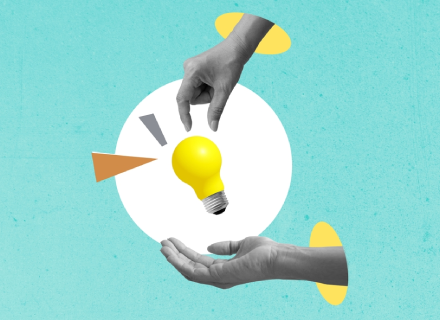According to Adebayo Adelabu, the Minister of Power, over 40% of Nigerians currently have access to 20 hours of electricity per day nationwide.
As part of President Bola Tinubu’s renewed hope to energise the economy, Adebayo Adelabu, according to a statement released in Abuja to the News Agency of Nigeria (NAN), said that the feat was accomplished through revolutionary measures taken by the Ministry of Power.
He attributed the power sector’s accomplishments to the drastic and audacious measures his administration took, citing President Bola Tinubu’s persistent support for a steady and reliable power supply as a way to usher in a breakthrough in industrialisation.
One of the ministry’s noteworthy accomplishments in 2023 was the production of over 5,500 megawatts of electricity, according to Adebayo Adelabu. By the end of 2024, the ministry hopes to improve even more.
“Most developed nations achieved reliable, functional, and affordable electricity as a fundamental step. This is crucial for industries, businesses, institutions, and households. That’s why we must prioritise this for Nigeria to drive economic growth and industrial development,” Adebayo Adelabu said, as reported by Zawya.
“President Bola Tinubu emphasised this in his New Year’s speech on January 1, stressing the need for stable electricity to power critical sectors. This is the only way to achieve requisite economic growth and industrial development, as none of these sectors can function without it,” he added.
Adebayo Adelabu outlined the current administration’s plan to give industries, businesses, and institutions, such as those in education and health, a steady electricity supply.
He claims that the goal of this initiative is to provide these organisations with the ability to power their infrastructure, increase their capacity, and generate more jobs.
According to him, the ministry collaborates with 11 electricity distribution companies, 27 power-generating companies, and agencies to accomplish its objectives.
Adebayo Adelabu, in August 2024, disclosed the Federal Government’s intention to formulate a plan called the “National Integrated Electricity Policy and Strategic Implementation Plan” (NIEP-SIP).
This document, according to him, is expected to transform Nigeria’s electricity industry into a resilient and efficient sector capable of driving the nation’s development agenda.
The senior official noted that “this policy is the product of extensive consultations with industry experts, key stakeholders, and development partners who have shared their insights and expertise with us.”
“The NIEP-SIP is a comprehensive document that outlines policy interventions across the entire value chain from generation and transmission to distribution and off-grid segments of the sector required for the transformation of Nigeria’s electricity sector to a sector that is resilient, efficient, and capable of driving our national development agenda,” Adebayo Adelabu remarked.
“The NIEP-SIP places a strong emphasis on achieving improved sector liquidity, creating an enabling environment for investment to thrive, integrating renewable energy sources, enhancing grid reliability, ensuring equitable access to electricity for all Nigerians particularly those in underserved communities, improving local content and capacity across the value chain, and gender mainstreaming in the sector”, he added.
Adebayo Adelabu also assured the stakeholders that the ministry was committed to transparency, accountability, and inclusivity at every stage of the process, as the policy’s success would require the continued collaboration of all stakeholders.

